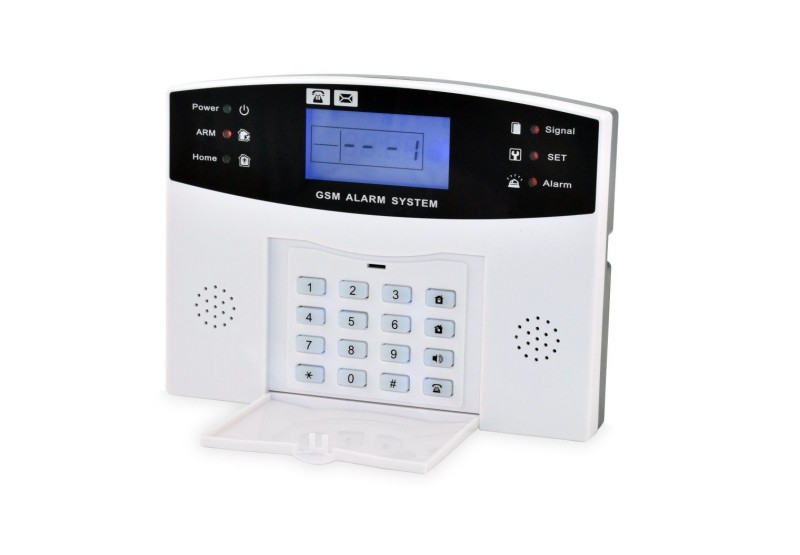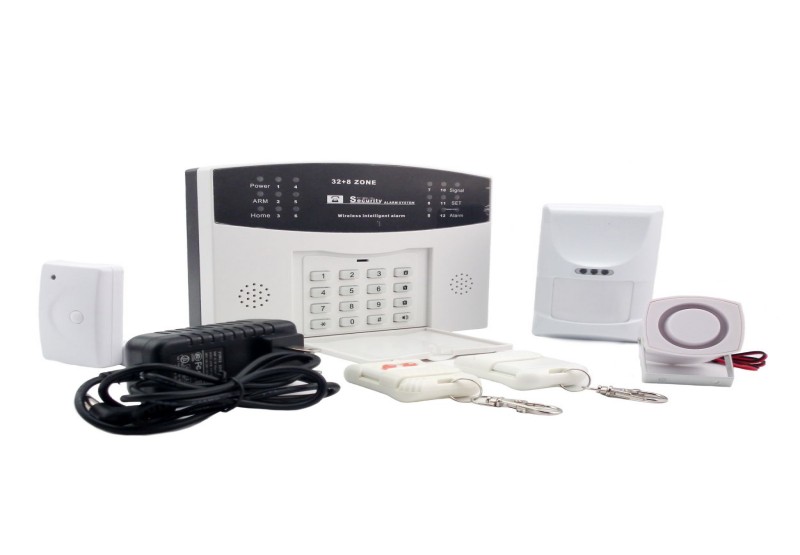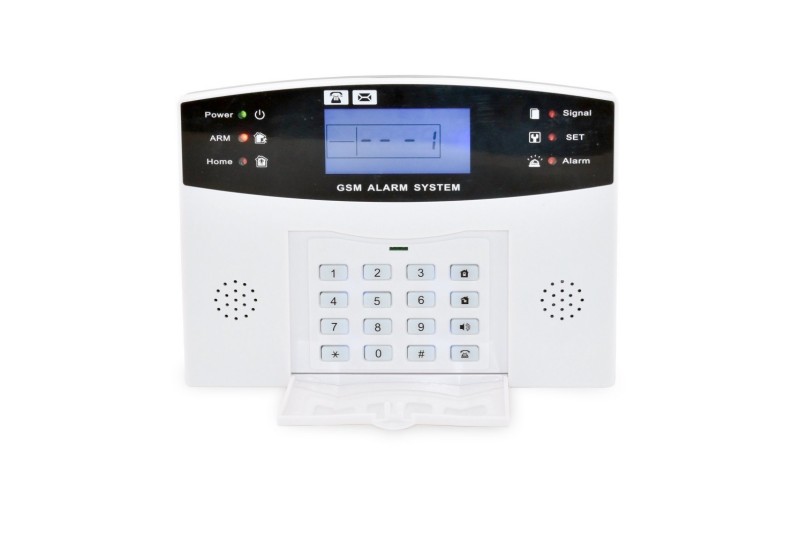How Does a PSTN Alarm System Send Alerts?
A PSTN alarm system plays a vital role in securing homes, businesses, and other properties by providing real-time alerts in case of security breaches, fire, or other emergencies. But how does a PSTN security alarm system actually send alerts? In this article, we will break down the working mechanism of a PSTN alarm system, how it communicates, and why it's still a popular choice for many users today. PSTN alarm systems are wired systems that use a traditional landline telephone network to transmit information. Unlike modern internet-based alarm systems that use Wi-Fi or cellular networks, PSTN security alarms rely on analog telephone lines for communication. This means they can still function even if there’s no internet connection, making them reliable for areas where cellular or internet signals are weak.

The Basic Working Mechanism of a PSTN Alarm System
When you set up a PSTN alarm system for your home or business, the system is connected to a central monitoring station via the telephone line. The system consists of several components, including sensors (motion detectors, door/window contacts), an alarm control panel, and the telephone line connection.
Triggering an Alert
When a security breach or emergency occurs, the PSTN security alarm system activates its sensors to detect any intrusion, smoke, or fire. For example, if a window is opened without authorization, or if motion is detected inside the property, the system is triggered. The control panel then activates an alarm, alerting anyone nearby about the potential threat.Sending Alerts Through the Telephone Line
Once the alarm is triggered, the control panel sends an alert signal to the central monitoring station through the PSTN network. This is where the system’s real magic happens – it uses the telephone line to dial the central monitoring station and send an alert.The alert usually consists of a phone call or a series of tones to indicate the type of emergency. Many PSTN security alarm systems are programmed to send automated voice messages that describe the situation. For example, the system might call the monitoring station and state, "Break-in detected at 123 Main Street" or "Fire alarm activated at 456 Elm Street."
Central Monitoring Station Response
After receiving the alert, the central monitoring station’s operators assess the situation and decide on the appropriate course of action. They may contact the property owner, notify local authorities, or take other necessary steps to respond to the emergency.Optional Notification to Property Owners
In addition to notifying the monitoring station, many PSTN alarm systems are also configured to send alerts directly to the property owner’s phone via a call or text message. This ensures that the property owner is immediately aware of the situation, even if they are not at home.
Why Does a PSTN Alarm System Use a Telephone Line?
While modern alarm systems often rely on Wi-Fi or cellular networks, PSTN alarm systems remain popular for several reasons:
Reliability: Telephone lines are considered more stable and less susceptible to interference than cellular signals or internet connections. If the internet or mobile network goes down, the PSTN security alarm system can still function through the landline.
No Need for Internet: Unlike systems that rely on Wi-Fi, PSTN alarm systems do not require internet connectivity. This is particularly advantageous in areas with poor internet infrastructure or places that prefer not to rely on the internet for security purposes.
Wide Coverage: Telephone lines are available in most areas, including remote locations where internet and mobile signals may not reach. This makes PSTN alarms an ideal solution for rural properties or places with unreliable communication networks.
Low Cost: Since the PSTN alarm system primarily relies on existing telephone infrastructure, installation and operational costs are generally lower compared to more complex wireless or internet-based alarm systems.

Limitations of PSTN Alarm Systems
While PSTN alarm systems have been a tried and tested solution for years, they come with a few limitations:
Vulnerability to Line Cuts: Since PSTN alarm systems rely on telephone lines, they can be vulnerable if someone cuts the phone line. In contrast, modern wireless security systems or GSM alarm systems use cellular signals, which are harder to disrupt.
Limited Features: PSTN alarm systems often lack the advanced features of newer systems, such as video surveillance integration, app notifications, or remote access. These systems are typically simpler, focusing primarily on sending alerts through phone lines.
Slower Response Times: Although PSTN alarm systems are reliable, they may not offer the same speed of communication as internet-based systems. Some IP alarm systems can transmit data and alerts much faster.
Advantages of Using a PSTN Alarm System
Despite the limitations, there are several advantages to using a PSTN alarm system:
Cost-Effectiveness: The system is inexpensive to install and maintain compared to more complex solutions.
Simplicity: Ideal for those who do not need advanced features and prefer a straightforward, easy-to-understand system.
Dependable Communication: Since the system works over the landline, there is less risk of interference or failure due to network congestion or outages.

Conclusion:
The PSTN alarm system remains a reliable option for home and business security. By leveraging the traditional telephone line, these systems offer a straightforward and cost-effective way to send alerts in case of security threats or emergencies. While they may not have the advanced features of newer alarm systems, they are still an excellent choice for those seeking a dependable and simple security solution. If you’re looking for a robust and tried-and-true security system, a PSTN security alarm might be exactly what you need to keep your property safe and secure. Consider your needs and the available technology to choose the alarm system that best fits your situation.
PSTN alarm system PSTN security alarm PSTN security alarm system
 简体中文
简体中文

